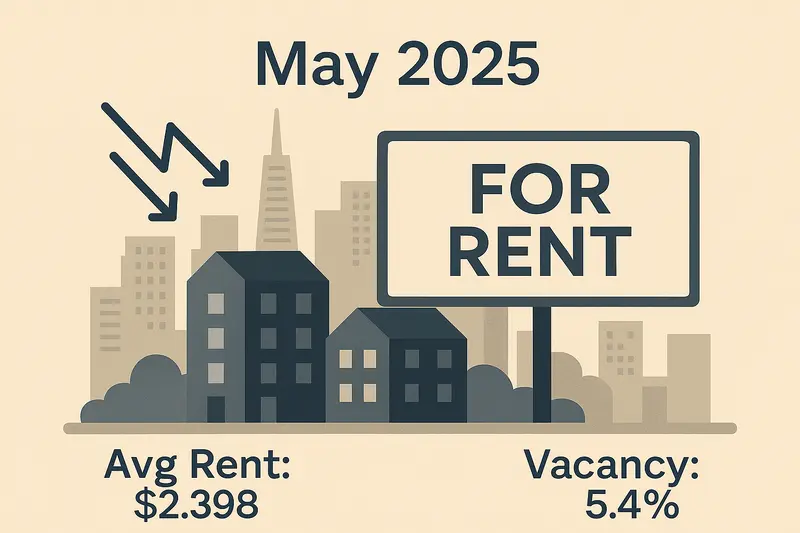Do U.S. Landlords Really Need a Rental License?
Question
Do I need a rental license?
Answer
Whether you need a rental license in the U.S. depends on your property type and local rules. Many cities and counties require landlords to register or obtain a permit before leasing out residential units, but requirements vary widely—sometimes from one ZIP code to the next.
Here’s what to consider when determining if you must hold a rental license:
- Jurisdictional Requirements
Cities such as Chicago, Seattle and Philadelphia mandate landlord registration for nearly all residential units. Other areas exempt single-family homes or owner-occupied duplexes. Always check your city or county code—most post rental licensing info online. - Fee Structure & Renewal
Annual fees typically range from$50to$300per unit. Some jurisdictions apply a flat fee, others charge per bedroom. Renewal periods often align with the calendar year or the anniversary of your initial registration. - Inspections & Safety Codes
Many local programs require an initial inspection for building, fire and health code compliance. Common checklist items include smoke and carbon monoxide detectors, proper egress, and pest control. Plan on scheduling inspections 30–60 days before your first lease. - Recordkeeping & Posting
Once licensed, you may need to display the permit inside each unit, maintain tenant rosters or keep copies of leases on file. Failure to comply can lead to fines from a few hundred to several thousand dollars per violation. - Exemptions & Special Cases
Short-term rentals (Airbnb, VRBO) often fall under separate transient lodging rules, with distinct permits and occupancy taxes. Some statewide landlord-tenant laws also carve out exemptions—review state statutes or consult your county clerk.
Because licensing rules differ greatly depending on your location and rental model, landlords are recommended to:
- Review your city’s official website or municipal code for rental licensing details.
- Contact the local housing or building department to clarify fee schedules and inspection requirements.
- Consider consulting a licensed real estate attorney or experienced property manager before advertising your rental.
Following local licensing mandates not only helps you avoid penalties and registration delays but also builds trust with tenants and neighbors. Before making a final decision, it’s advisable to verify all requirements with your city or county authorities or a licensed professional.


